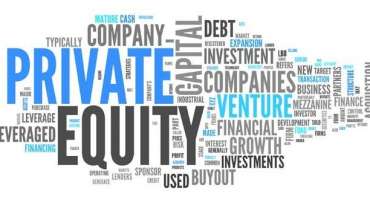Taking a company public is no small endeavor. If you’ve been following the markets, you have likely heard of SPACs (Special Purpose Acquisition Companies). This new method for going public has taken the financial world by storm, and practically everyone in Silicon Valley has either raised one or wants to create one.
Historically, when companies wanted to go public, they’d typically need to do a traditional IPO. Now, companies have three options: traditional IPO, direct listing, or SPAC. Each one has its advantages and disadvantages for taking a company public. Let’s (briefly) explore what each option is, and when a company might prefer one or the other.
Traditional IPO
The traditional IPO process is the way that companies have raised capital for decades. The process is straightforward and well-known. A company or investment bank will start the process by filing an S-1. This form is necessary for every single U.S. company that wants a listing on a national exchange. The company files it typically in anticipation of or conjunction with an IPO.
A company intending to go public then partners with an investment bank to underwrite the shares and sell them to prospective investors. The investment bank essentially handpicks the price and allocation, intending to have 97% of investors interested in the IPO and a 30x over-subscribe rate.
For the most part, mom and pop investors cannot invest in these IPOs. Only the best clients can. Given these aggressive targets, IPOs often result in a large first-trading-day “pop.” A good, recent example of this was nCino, which had an IPO of $248 million and saw a rise of 150% on its first trading day







